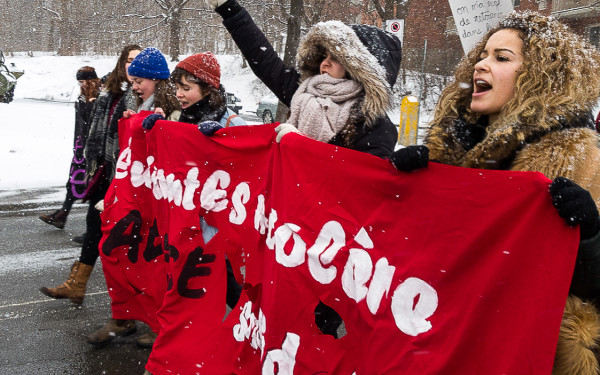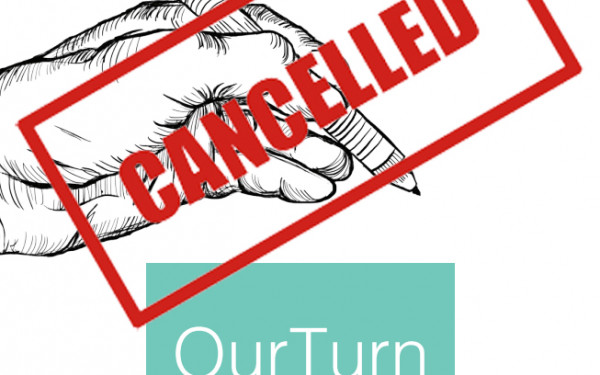Stripping Down Racism Found in Indigenous Healthcare
How Cultural Genocide Affects Today’s Access to Healthcare for Indigenous People
To kickstart Indigenous Awareness week, McGill’s Indigenous Health Profession Program and the Social Equity and Diversity Education Office organized a panel to discuss the racism in healthcare and education.
The panel featured speakers from different backgrounds to speak about solutions for creating a safe learning and healing environment with Indigenous peoples.
Jessica Barudin is the Program Manager from the Indigenous Health Professions Program at McGill, which launched this year. Their goals are to recruit, support and train Indigenous students to become health professionals.
“Another part of our mandate is to provide education to all health professionals about the realities faced by Indigenous peoples; our health challenges, our strengths and our Indigenous knowledge systems,” said Barudin.
The panel was in partnership with the Social Accountability and Community Engagement Office, along with the Ingram School of Nursing and the School of Social Work at McGill.
Tania Dick has been a registered nurse for over 15 years specializing in Indigenous health. She completed her masters degree for nursing in the Nurse Practitioners Program at the University of British Columbia in 2010.
“As a nurse speaking to nurses, it’s really important to try and influence change and attitudes when we deliver services in our practice to ensure we have safe, adequate care for all,” Dick explained.
“I’ve lived racism, I’ve lived oppression, so when I talk about oppression and colonization I talk about it from within.” — Wanda Gabriel
Dick spoke about the racism and discrimination she’s witnessed in the healthcare system as a nurse. During her travels throughout the province to speak about these issues, her interactions with many different communities show that they all share a story about being a victim of unnecessary and preventable death.
She mentions the story of Brian Sinclair, an Indigenous man who died in 2008 while waiting for medical attention in Winnipeg’s Health Sciences Centre. Dick said he waited for a ridiculous amount of time, and that his death could have been easily prevented.
“Last year alone we got to visit at least 23 communities, and I’m not exaggerating, every single community had a Brian Sinclair story,” Dick said. “It’s that critical, that people are dying because of what were talking about; unnecessary, preventable deaths.”
“That’s why I’m here today and I will do this every day until we can find some change,” she continued.
Related
Speaker Wanda Gabriel brought awareness to the impact of colonization on professional relationships due to the impact of cultural genocide. Gabriel has her masters in Social Work at McGill University in 2001, specializing in trauma and healing methods, as well as therapeutic practice.
“I’ve lived racism, I’ve lived oppression, so when I talk about oppression and colonization I talk about it from within,” said Gabriel. “This topic is loaded and we can’t have these conversations without having discomfort and awkwardness.”
She invites the public to allow the awkwardness and discomfort to be able to have conversations about Indigenizing society.
Gabriel explained Indigenizing society is to accept the dark times during and after colonization, and to talk about Indigenous issues outside extreme narratives.
“We have to see that we are a part of society, […] we only see Native American people in the museums or only see them in a ditch, and in the stereotype.”
By Indigenizing society, we build connection and trust, which is very important to Gabriel. She explained that to build trust, people need to take risks and break the rules.
“Cultural genocide ripped us of our culture, tried to assimilate, tried to kill the Indian in the Indian […] The policies have been, ‘we got to help and fix the Indian.’”




1_600_375_90_s_c1.jpg)
_900_642_90_600_375_90_s_c1.jpg)

